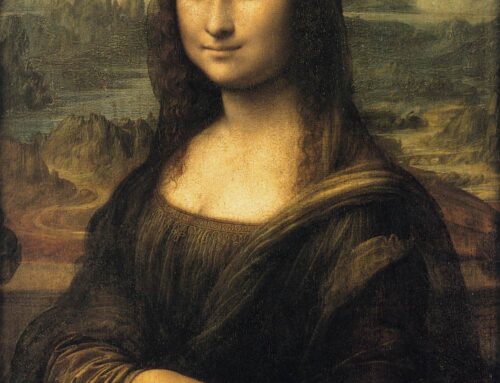The Humanities App. Reflections on the Fourth Anniversary of Humanities Watch
Winter’s Solstice, 2019
At the turning of the year we often think of the harvest or post-harvest, a gathering and collecting. Herbst is the German word for harvest and both words have roots in the Greek καρπός / karpós, “fruit,” the return or profit of something. With the passing of the solstice and the year, it is the moment to turn our attention to what we have gathered, sifted, threshed, and sorted, in order to uncover what good lies behind our efforts and perhaps leads them on.
The first that we mind among the leavings of the year is how the humanities bring a feeling for balance or imbalance. They help to restore, or call the need to restore, our natural balance or, better yet, harmony (to quote Victor Hugo, “to put everything in balance is good; to put everything in harmony is better”). In our tech-driven tendency to view the present as the threshold of the future we become forgetful, even absent-minded, about the past. As one Observation put it, “History is the medium of truth.” History provides us with our language, and with this language our sense of our selves.
Little wonder then that the founders of the humanities, thinkers like Landino, Ficino, and Alberti, keenly observed the flow of language and discourse in their writings. They practiced the art of conversation to explore the good and enhance their feeling for harmony and wholeness. These writers pointed the way for us by reviving the adage of Periander of Corinth, μελέτα τὸ πὰν, “with care, take the whole as the whole.”
The humanities take care of the wholeness history provides. They understand we do not exist without history and language. With their feeling of the deeper reaches of history and language, the humanities are more art than science. They foster the creation of knowledge rather than deducing invariable truths. They explore uncertainty and are less wedded to determinate facts. They travel into the realms of possibility and choice – what is not yet, but might be – resisting the gravity of actuality and necessity. And by tracing out the lines of ambiguity, the humanities also highlight the realms of certainty and actuality, the regions of the sciences.
The humanities approach knowledge, in fact, through τέχνη / téchne, the word Aristotle uses for the way we gain understanding through the arts, not through the exact sciences.1 Yet téchne we now imagine to be part of “technology,” itself part of STEM. This is the world of science, the “techies,” as opposed to the “fuzzies” among the humanities. How revolutionary would it be to re-capture the origins of téchne in order to re-establish the shared origins and harmony of the sciences and humanities, or indeed to understand anew how STEM has its roots in the humanities, in “taking care of the whole”?
If this requires a greater conversation, that too lies in the application of the humanities. We stand in need of an “Humanities App”: a program that applies the sensibility of the humanities to our accepted ways of understanding ourselves and our world. The app would shine a light on the roles we often thoughtlessly play, and therefore on the limits we place upon ourselves with respect to what might be. This sensibility would be unsettling to these ways, and demand, to cite Keats, a Negative Capability that continually questions and surrounds our certainties with healthy doubt. By doing so we gain a greater sense of the whole. We discover we know less than we imagine, while discovering new possibilities for achieving our shared purpose.
1. Nicomachean Ethics 6.4.↩









Leave A Comment